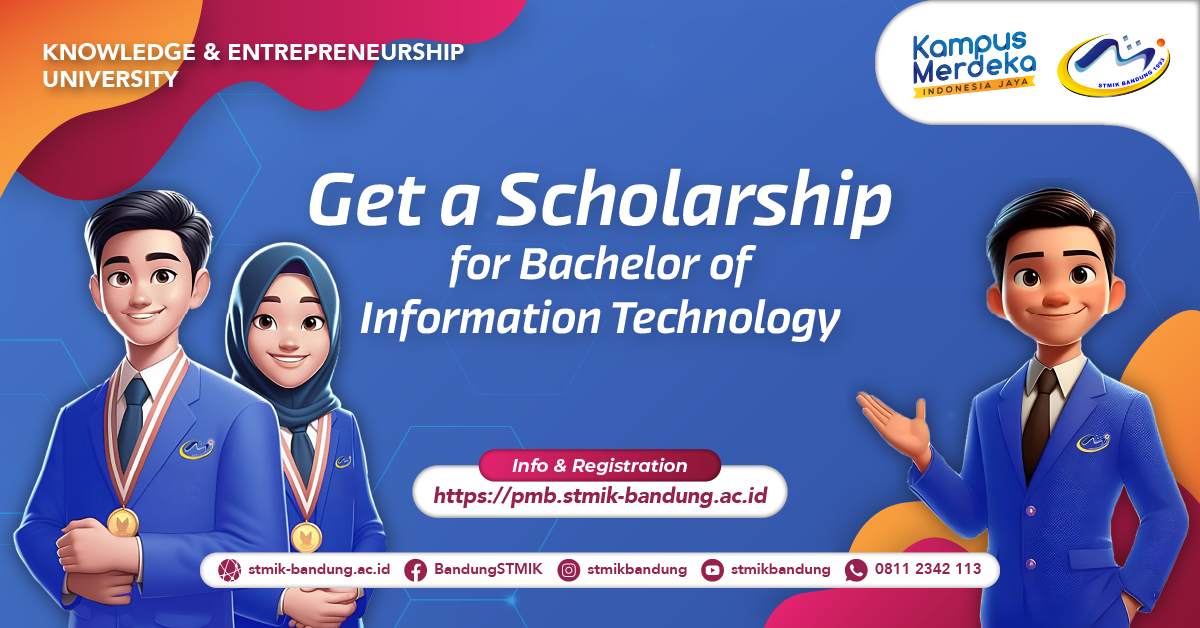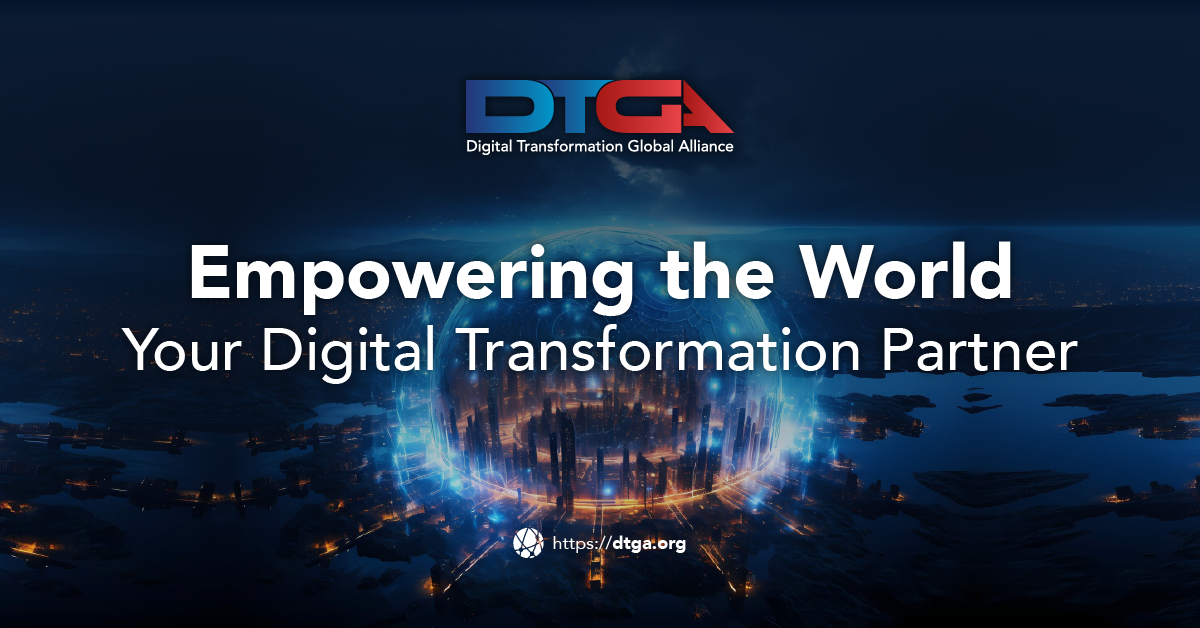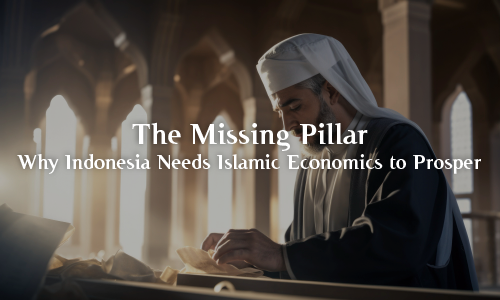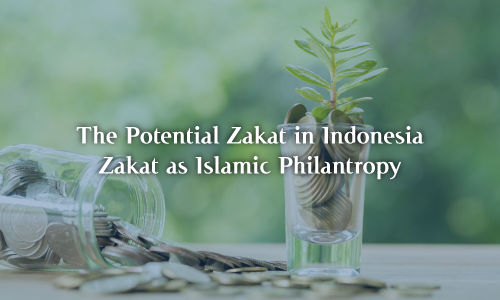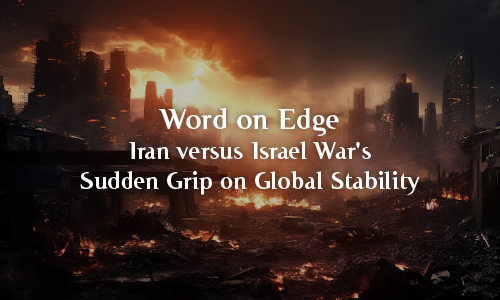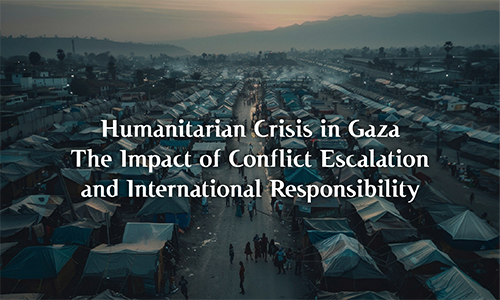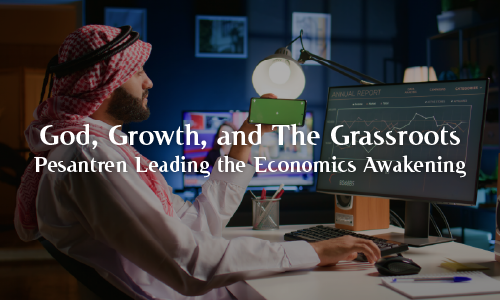
Summary: This article explores the strategic potential of pesantren (Islamic boarding schools) in Indonesia as agents of economic empowerment and community-based development. Traditionally known as centers for religious learning, pesantren have played a crucial role in shaping the spiritual and social character of the Muslim population in Indonesia. This article examines the role of pesantren (Islamic boarding schools) in promoting economic empowerment and community development in Indonesia. Traditionally known for religious education, pesantren are increasingly recognized as potential drivers of socio-economic transformation. Through qualitative analysis, the study explores how pesantren utilize their institutional assets, such as land, community trust, youth engagement, and moral leadership, to support local economic activities. Key areas of contribution include entrepreneurship training, Sharia-compliant microfinance, agricultural productivity, and halal product innovation. Case studies highlight successful pesantren initiatives that combine spiritual values with business acumen. Despite their promise, pesantren face several challenges, including limited managerial capacity, inadequate access to finance, and regulatory constraints. The article recommends strategic reforms such as curriculum integration, digital literacy, cooperative development, and government policy support. Ultimately, it proposes that pesantren can serve as culturally embedded platforms for inclusive, ethical, and sustainable economic development, bridging religious values with practical community welfare goals.
Introduction
Indonesia, home to the world's largest Muslim population, faces a dual challenge of social inequality and underdeveloped community-based economic systems. Amidst this, pesantren (Islamic boarding schools) emerge not only as spiritual and educational institutions, but also as untapped reservoirs of socio-economic transformation. This article explores the strategic role of pesantren in economic empowerment, advocating for a model where religious wisdom meets entrepreneurial energy to foster sustainable, community-based development.
However, with the growing socio-economic challenges faced by many Indonesian communities, including poverty, inequality, and unemployment, there is a compelling need to reconceptualize the role of pesantren beyond education and into broader socio-economic transformation. Drawing on qualitative insights and real-world practices, this article presents a multidimensional analysis of pesantren as viable platforms for fostering local economic…

